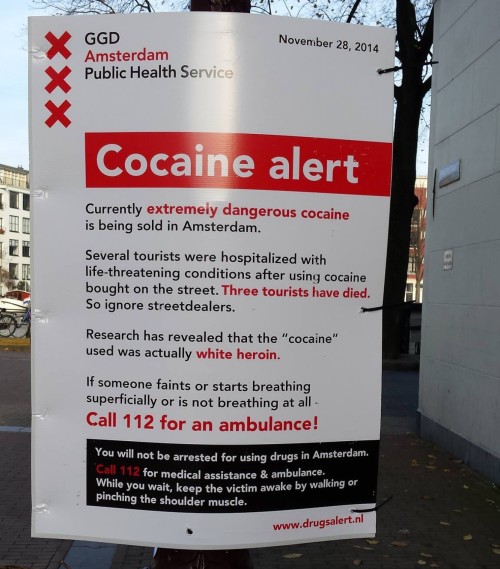This has been out for a bit (and even had some discussion in comments here), but I really wanted to put it front and center, because this kind of thing really demonstrates the kinds of outrages that exist in the drug war.
Island Lake fatal crash cited as Illinois no-tolerance DUI pot law is challenged
In December 2011, Scott Shirey and his 10-year-old twins, Griffin and Nicholas, were driving to swimming practice.
Along the way, a distracted driver in an overloaded pickup truck ran a red light at Route 12 and Old McHenry Road near Lake Zurich and slammed into Shirey’s Lincoln sedan, killing Griffin and severely injuring Nicholas.
Even though another driver caused the accident, it was the Island Lake father who faced up to 14 years in prison. He was not impaired at the time, but Shirey, now 52, was charged two months later after a blood test showed traces of marijuana in his system from — according to his attorney — smoking it a month beforehand.
“Nothing can possibly illustrate this idiotic law more than the Scott Shirey case,” defense attorney Patrick O’Byrne said. “It’s incomprehensible how bad the law is. It’s a worst-case scenario, charged with the homicide of your own son for smoking pot that had nothing to do with the accident.”
Yet prosecutors, law enforcement and Attorney General Lisa Madigan unequivocally support the law.
That’s just sick.
I have been banging the drum about the dangers of the push against drugged driving for years here, and have even been cautioned upon occasion from other reformers that seeming to be “soft” on drugged driving would hurt legalization chances. I disagreed then, and disagree now. Marijuana per se laws that do not address impairment are essentially a back-door method of criminalizing internal possession of marijuana, something that is candidly acknowledged in Illinois:
“The legislature has said, ‘If you’re going to consume these illegal drugs — illegally — you can’t drive,'” said Kane County State’s Attorney Joe McMahon, noting the law clearly states drivers testing positive for any amounts of the drug are breaking the law.
Fortunately, there are some efforts to change the law in Illinois – a move supported by the state bar association.
Of course, the police organizations continue to be opposed to changes, including the ever-present rep of the Illinois Police Chiefs, Limey Nargelenas, who, as usual, spouts his lies:
“We in law enforcement don’t write the laws. We merely enforce them.”
Yeah, he says that every time he and his cohorts apply pressure on the legislature to pass and keep the laws he likes.


